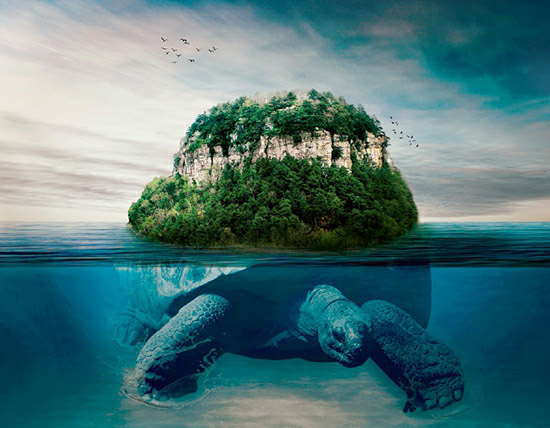From time immemorial, humans have sought to understand their origins and their place in the universe. Native American tribes, through oral traditions, have conveyed rich and varied creation stories that provide a window into their worldview and cosmological beliefs. These stories, deeply ingrained in tribal culture, often involve elements like the sky, earth, animals, and supernatural beings, reflecting a profound connection with and respect for the natural world.
For instance, the Iroquois believe in an earth formed on the back of a giant sea turtle, a narrative that emphasizes harmony with nature and a responsibility towards it. These stories were integral to the cultural fabric of Native American societies, serving as a means of preserving heritage and imparting values across generations. The collision with European settlers marked a drastic change, bringing with it challenges that threatened these ancient oral traditions.
In comparison, modern cosmology, though rooted in scientific inquiry and empirical evidence, shares a fundamental similarity with these ancient narratives — the quest to decipher the universe’s mysteries. The Big Bang theory, for instance, while grounded in scientific understanding, also ventures into realms beyond current empirical testing, akin to the faith and belief inherent in traditional creation stories. Thus, these ancient narratives continue to hold relevance, not only as cultural artifacts but also as reflections of humanity’s enduring quest to understand its origins and existence.

